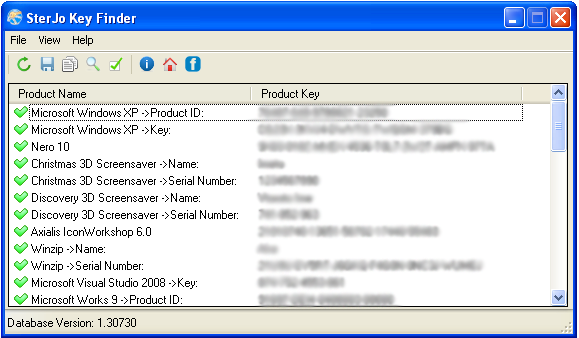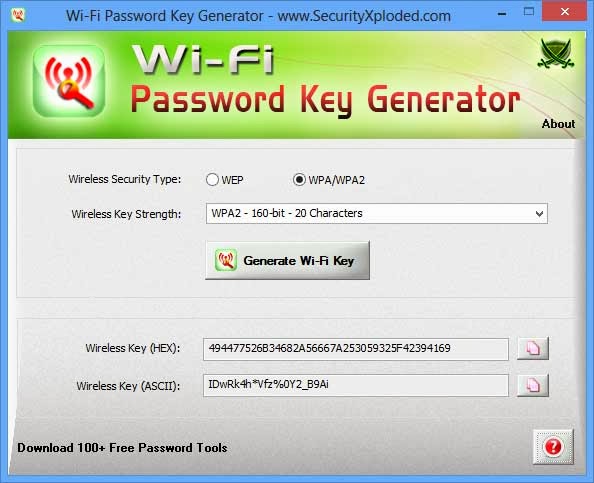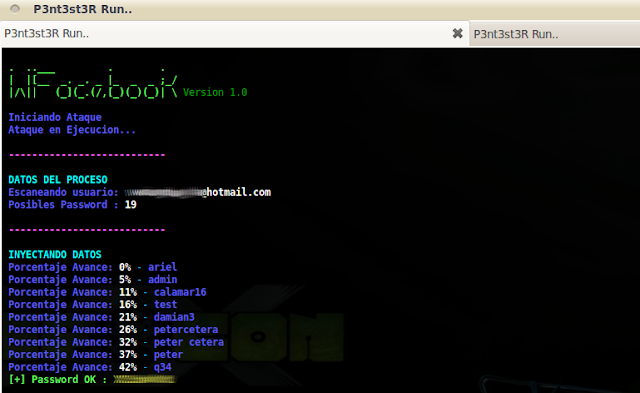This project aims to be a wordlist mutator with hormones, which means that some
mutations will be applied to the result of the ones that have been already done,
resulting in something like:
corporation -> C0rp0r4t10n_2012
This software is usefull when applied to a few words, like company name and/or
domain name targeted or the usernames of the system administrators. You must
think that the number of wrds resulting of applying all mutations is exponential
: a 1 word input would generate an output of 1200 words; a 4 words input would
generate an output of 4800 words.
The actual mutations supported are:
* Case mutations (toUpper, toLower, FirstCharUpper, SwapCase)
* T0 l33t mutation
* Add Special Char mutation
* Append String of a predefined list
* Append Date
Some mutations are strange, and some of them have no sense applied together,
like *_strings and add_year, but is your decision, for that exists the
parameters xDDD
The mutations "prepend_string" is commented becouse IMHO have no sense xD and
is rare find passwords like this but feel free to uncommented it, and don't
forget uncomment it in mutator.h too
Syntax: mutator [options] wordlist
Options:
-v, --version
Show version information
-h, --help
Show this help
-o, --output [file]
File to write the results
-f, --file [file]*
File from read the words
-w, --word [word]*
Word to mutate
-b, --basic
Only "case" and "l33t" mutations
-a, --advanced
Only advanced mutations
-y, --years=[year]
No append,prepend year, if a year is specified appendrange between year specified and actual year, you can specified a range as well [year-year]
-x, --specials
No append specials chars
-s, --strings
No append,prepend hardcoded strings
One of these options -w or -f is required
Use Case:
$ ./mutator -w company -o company.dic
$ for i in $(cat user.dic);do ./mutator -w $i -o $i.dic; done





































